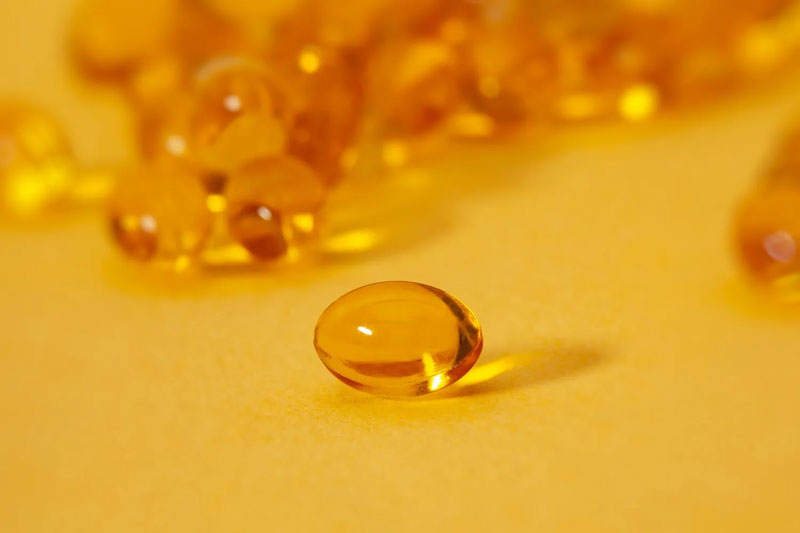The Health Food Manufacturers’ Association (HFMA) has highlighted the role of vitamin D and other supplements in safeguarding against dietary deficiencies as food costs rise.
The HFMA says that awareness of the important role of food supplements in maintaining good health has increased in recent years. It says that the Government’s roll-out of vitamin D supplementation to those in vulnerable categories, “gave a clear signal that this nutrient is essential to wellbeing” (official advice continues to recommend 10 micrograms daily from October to March).
The trade body says that health practitioners are keen to highlight the value of food supplements for those at risk of insufficient intake, especially when consumers are changing their buying patterns, and adapting to rising food costs. Office for National Statistics Consumer Price Inflation figures for October 2022(1) show that food and non- alcoholic beverage prices increased by 16.4%, with many consumers now making choices about how often, or even whether, these certain food items are purchased.
Foods with the highest price increases include milk, cheese and eggs, all major contributors to vitamin D intakes in the British diet.
Dr Michele Sadler, Scientific Advisor to the HFMA said: “If people cut out whole food groups because of rising prices, insufficient intake of certain nutrients becomes more likely. This is particularly true for vitamin D, for which milk, meat, fish, eggs and breakfast cereals are important dietary sources. Following Government recommendations to take a 10 micrograms vitamin D supplement daily, will be even more important.”
Sadler also highlights that consumers can confidently take vitamin D when self-supplementing, commenting: “There is a wide margin of safety between the upper safe intake of vitamin D and daily requirements such that supplementation with 25 micrograms per day, and even up to 75 micrograms vitamin D daily, is within safety limits”. The NHS recommends a maximum daily dose of 100 micrograms.
Some nutrition scientists, and industry, have called for the Government to consider raising the vitamin D supplementary Guidance from 10 micrograms daily to 25 micrograms, a position supported by the HFMA.
Photo by Michele Blackwell on Unsplash
